15 Humans That Saved Millions of Other Humans
Stanislav Petrov
On September 26, 1983, he was the duty officer at the command center for the Oko nuclear early-warning system when the system reported that a missile was being launched from the United States. Petrov judged the report to be a false alarm,and his decision is credited with having prevented an incorrect retaliatory nuclear attack on the United States and its NATO allies that could have resulted in large-scale nuclear war. Investigation later confirmed that the satellite warning system had indeed malfunctioned.
Maurice Ralph Hilleman
(August 30, 1919 – April 11, 2005) was an American microbiologist who specialized in vaccinology and developed over 36 vaccines, more than any other scientist. Of the 14 vaccines routinely recommended in current vaccine schedules, he developed eight: those for measles,mumps, hepatitis A, hepatitis B, chickenpox,meningitis, pneumonia and Haemophilus influenzaebacteria. He also played a role in the discovery of the cold-producing adenoviruses, the hepatitis viruses, and the cancer-causing virus SV40.
He is credited with saving more lives than any other medical scientist of the 20th century.Robert Gallo described him as “the most successful vaccinologist in history”.
Henrietta Lacks
(1920-1951) Henrietta’s genes have given life to tens of thousands.Unfortunately she was an unwitting accomplice as her cells were taken without her consent. Lacks died quickly, aged 31, after being diagnosed with cervical cancer. The cells taken from her have been used in experiments all over the world and even in space. Her cells have been used for medical breakthrough after breakthrough, including the polio vaccine and in-vitro fertilisation.
Vasili Arkhipov
Vasili was one of three officers on board a Soviet nuclear-armed submarine during the Cuban missile crisis. Trying to avoid American ships, they went too low for radio contact and as the American navy had started dropping practice depth charges to force the sub to surface, they were unsure whether war had broken out. The captain of the ship believed it had and wanted to launch a nuclear torpedo (as they were authorized to do with unanimous agreement among officers) and only Arkhipov disagreed, and the torpedo was never fired.
Edward Jenner
Edward Jenner, FRS (17 May 1749 – 26 January 1823) was an English physician and scientist from Berkeley, Gloucestershire, who was the pioneer of smallpox vaccine. He is often called “the father of immunology”, and his work is said to have “saved more lives than the work of any other man”
Jonas Salk
In 1955, Jonas Salk invented the polio vaccine. He chose not to patent it because he only wanted to help humanity. As a result, he missed out on earning an estimated $7 billion. His sole focus was to develop a safe and effective vaccine as rapidly as possible, with no interest in personal profit.
Norman Borlaug
Norman Ernest Borlaug (March 25, 1914 – September 12, 2009) was an American biologist, humanitarian and Nobel laureate who has been called “the father of the Green Revolution”, “agriculture’s greatest spokesperson” and “The Man Who Saved A Billion Lives”. During the mid-20th century, Borlaug led the introduction of high-yield wheat varieties combined with modern agricultural production techniques to Mexico, Pakistan, and India. As a result, Mexico became a net exporter of wheat by 1963. Between 1965 and 1970, wheat yields nearly doubled in Pakistan and India, greatly improving the food security in those nations. These collective increases in yield have been labeled the Green Revolution, and Borlaug is often credited with saving over a billion people worldwide from starvation.
Boris Yeltsin
Thankfully, Boris Yeltsin decided to wait just a bit longer before launching a nuclear strike against the united states.
A team of Norwegian and American scientists launched a Black Brant XII four-stage sounding rocket from the Andøya Rocket Range off the northwestern coast of Norway. The rocket, which carried scientific equipment to study the aurora borealis over Svalbard, flew on a high northbound trajectory, which included an air corridor that stretches from Minuteman-III nuclear missile silos in North Dakota, all the way to the Russian capital city of Moscow.
During its flight, the rocket eventually reached an altitude of 1,453 kilometers (903 mi), resembling a U.S. Navy submarine-launched Trident missile. As a result, Russian nuclear forces were put on high alert, and the nuclear weapons command suitcase was brought to Russian president Boris Yeltsin, who then had to decide whether to launch a nuclear barrage against the United States. He decided against it but Yeltsin did activate his “nuclear keys” for the first time. The Norwegian rocket incident was the first and only incident where any nuclear weapons state had its nuclear suitcases activated and ready for launching an attack.
Alan Turing
If Alan Turing had not cracked the Enigma code when he did, Germany would have continued destroying the allied navy and may have won the second world war. The Germany were working on a nuclear program, and rockets to deliver them as far as New York. It has been suggested that if anyone saved the world in the modern era, it may have been him. Unfortunately, for his efforts, he was chemically castrated (for being gay) and died of cyanide poisoning at 41.
Alexei Ananenko, Valeri Bezpalov, and Boris Baranov
2 of the 3 volunteers
These three men likely saved most of Europe from becoming a radioactive wasteland. During the Chernobyl disaster, for nearly 2 days, no one was warned about the radiation, as those at the top were desperate to cover themselves. “panic is worse than radiation” .
All the plant workers and firefighters fought bravely to put the fire out, none of them were told the dangers, but even when it became obvious they went on!
Straight after the explosion thousands of gallons of water was pumped into reactor 4 in a futile attempt to extinguish the fire. this was to potentially lead to a massive thermal explosion which would have made hundreds of square miles uninhabitable for hundreds of years and made the death toll even bigger, world-wide. once the threat of the second explosion was confirmed they began thousands of runs in helicopters, dumping bags of mostly sand into the exposed core. the water needed to be drained! volunteers were called for, the slight difference here was that they were told the risk straight off. All who were asked volunteered.
Valeri Bezpalov and Alexei Ananenko were selected because they knew where to go and exactly what to do.They were issued with extra thick wet suits to buy them more time…had this taken one more hour the explosion would have occured. After some time underwater in diving suits, each of the volunteers made it back to the surface, where their colleagues were apparently jumping for joy upon hearing the news that they had managed to pen the valves. However, all 3 men were already suffering from radiation sickness, and died later outside of the power plant.
Joseph Lister
He is often considered to be the father of modern antiseptic technique. He was the first surgeon to suggest that doctors were transferring a disease-causing agent to women during childbirth, causing many women to die of postpartum infections. At the time, it was not unheard of for a surgeon to touch a patient or cadaver then attend another patient without washing his hands. The idea that doctors might be making their patients sick was initially considered to be so ridiculous that Lister was treated with contempt. However, as the germ theory of disease became more widely accepted, Lister’s techniques were proven to be prudent and effective at reducing disease transmission. Although we mainly remember him for Listerine today, his work has probably saved millions of lives.
James Harrison
Specifically, his blood contains an extremely rare enzyme that can be used to treat babies dying of Rhesus disease. If you’ve never heard of that disease and figure it’s not a big deal, well, wait for the numbers.
Harrison, being a generous type, has donated his rare, life-saving blood roughly 1,000 times over 56 years. This has saved the lives of–seriously, you’re not going to believe this–over two million babies around the world.
Fritz Haber
Fritz Haber (9 December 1868 – 29 January 1934) was a German chemist of Jewish origin, who received the Nobel Prize in Chemistry in 1918 for his development for synthesizing ammonia, important for fertilizers and explosives. The food production for half the world’s current population depends on this method for producing fertilizer.
This article originally appeared in Kindness Blog, a sharing media featuring kindness in all its varied forms. This blog publishes images, videos, real-life-stories, personal reflections, quotes and other various media which all have one special thing in common...Kindness. The article is reprinted here with permission.
SHARE YOUR REFLECTION
8 Past Reflections


On Apr 29, 2023 AnikSingh wrote:
he was a british agent who smuggled information about how to stop the missiles in cuba in the cuban missile crisis in which soviet union eventually caught him and executed him but he stopped a nuclear war between superpowers. he didn't care o sacrifice his life.

On Aug 15, 2015 Mike Hansel wrote:
I found this article, incredbly inspiring. I'm sure you will to. It's brief and to the point.Just Check it out. http://worldobserveronline....

On Jun 28, 2015 Ted wrote:
Norman Borlaug may have set out to feed people, but the unintended consequences have not been so positive in places like India.
"The US agricultural science establishment, chemical and agribusiness industries love him, if only because he helped their industries grow massively around the world on the back of patented seeds and herbicides." http://www.theguardian.com/...

On Jun 24, 2015 JoAnne Macco Silvia wrote:
Good article, and I'd think good material for movies. I bet there are a few more women out there in history who saved a lot of lives. Just something to think about for a future article.

On Jun 23, 2015 Leona wrote:
All are truly admirable, but James Harrison stands out to me - my aunt had Rhesus disease, and I don't think the treatment was known then. She lived a full life but was seriously ill as a baby from this disease. This man is a true hero!

On Jun 23, 2015 Symin wrote:
I'm not sure I think chemical fertilizers are a gift to the world, nor the hybridization of wheat which increased its gliadin content to the point that it's toxic to a large portion of people worldwide. But thankyou for the onfo here. Certainly some of these unsung heroes deserve widespread recogn.

On Jun 23, 2015 Linda Kathleen Riebel wrote:
Ignaz Semmelweis, not Joseph Lister, discovered the importance of handwashing between autopsies and the maternity ward, and campaigned to get doctors to wash their hands. He was ridiculed and died unsung.
1 reply: Fartguy | Post Your Reply

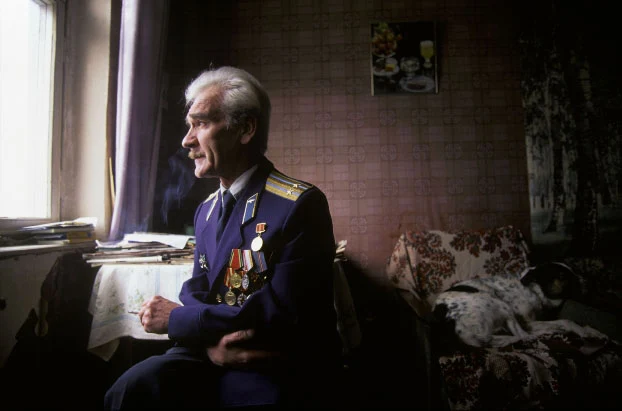
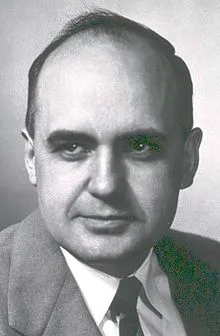
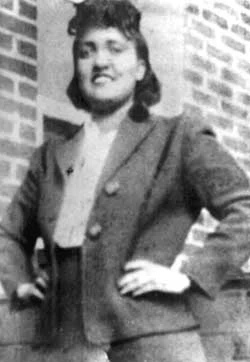
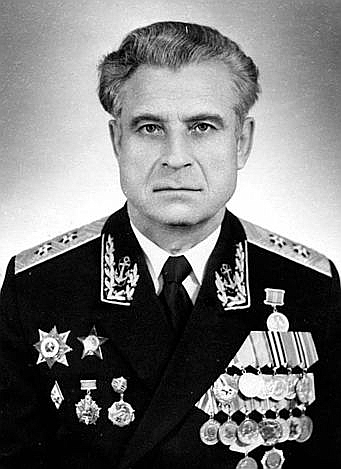
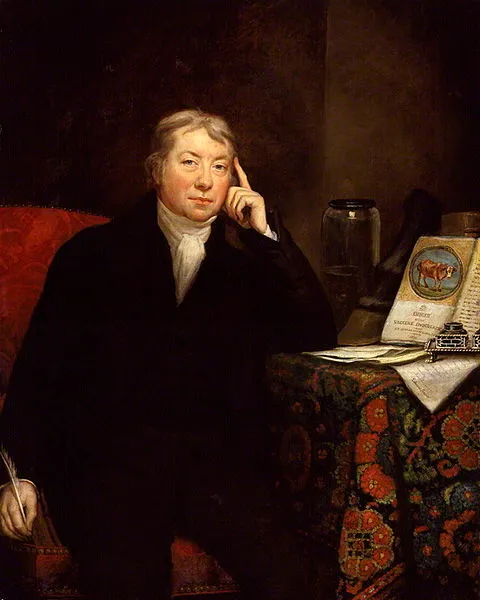
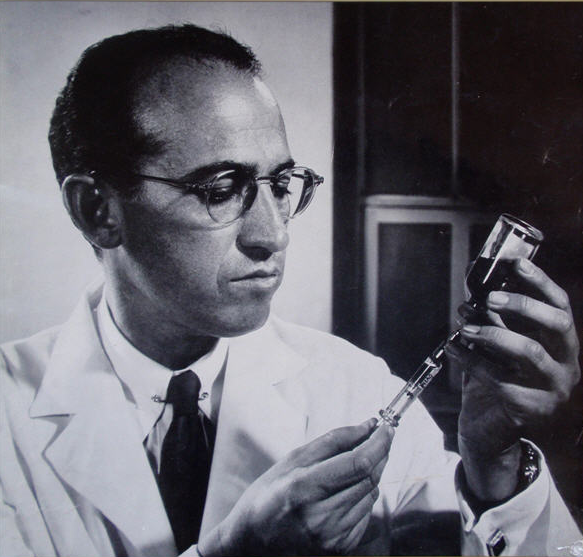
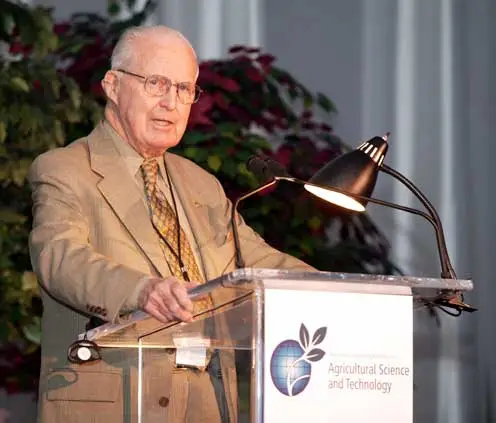
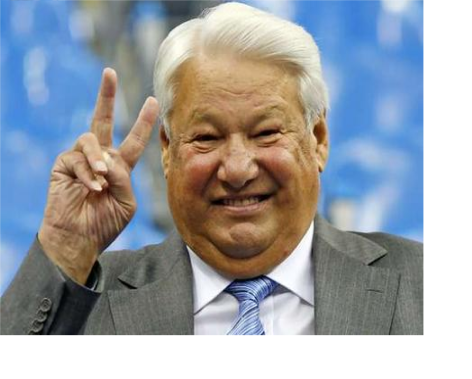
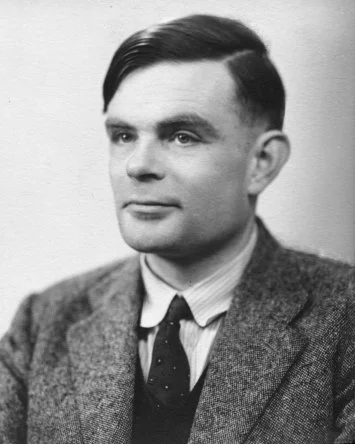
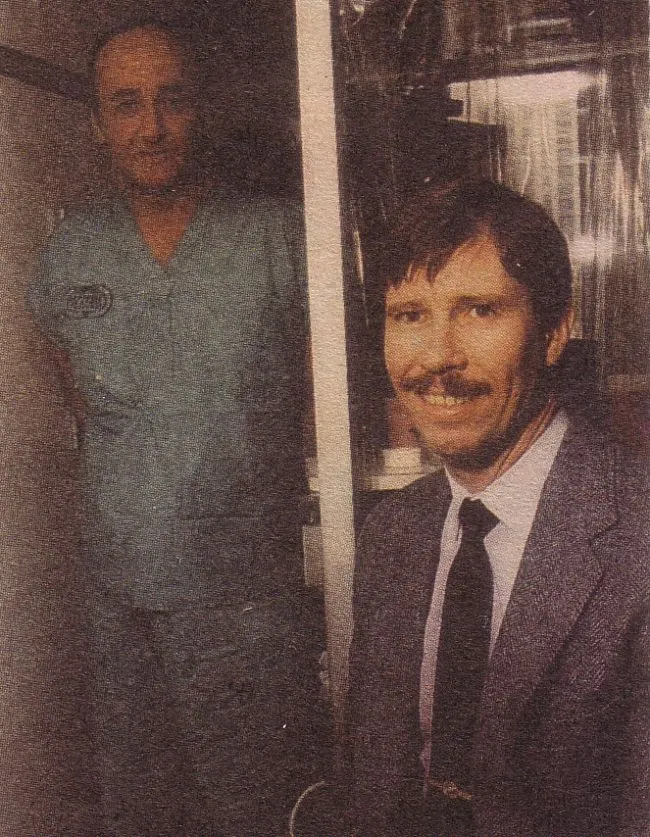
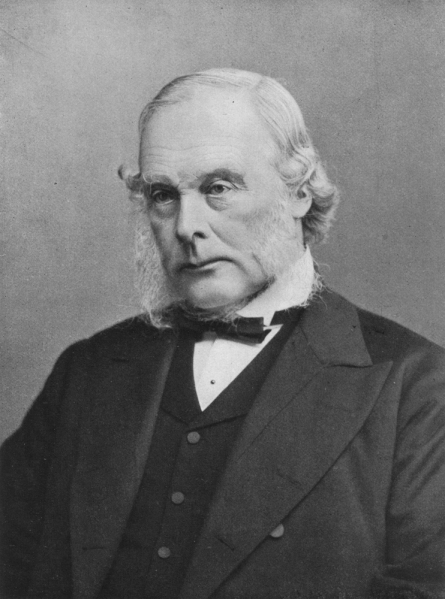
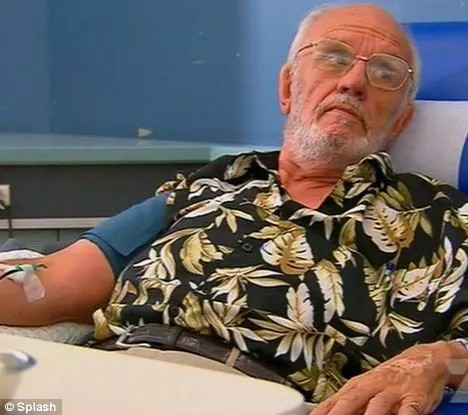
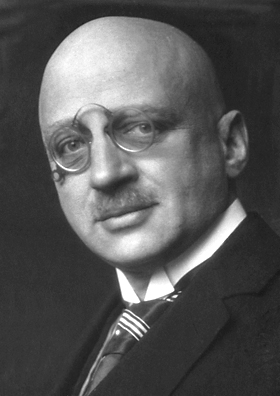
On Jul 17, 2024 Stivheard wrote:
Post Your Reply